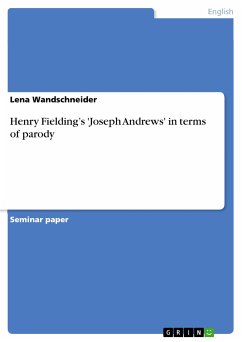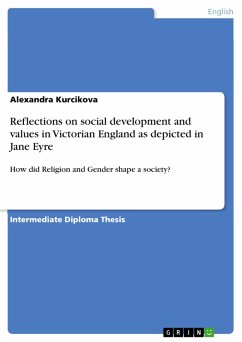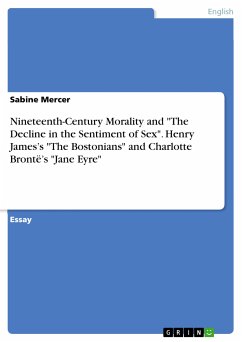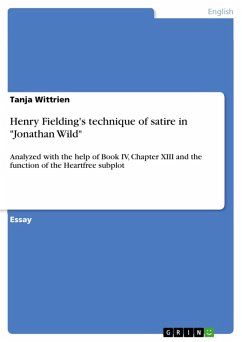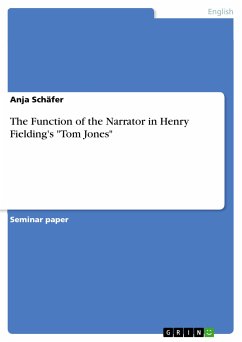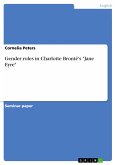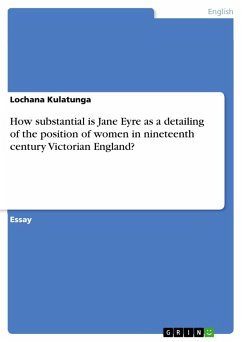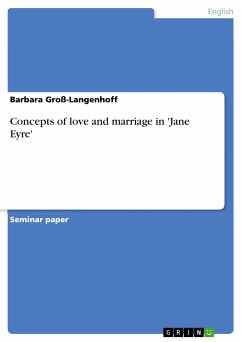Seminar paper from the year 2005 in the subject English Language and Literature Studies - Literature, grade: 1,7, University of Hamburg (Institut für Amerikanistik und Anglistik), course: Classics re-written? Pamela and Jane Eyre, language: English, abstract: This paper deals with the analysis of Henry Fielding's 'Joseph Andrews' (published in 1972) in relation to Samuel Richardson's 'Pamela' (published in 1740). It has been claimed that Fielding wrote his novel as a response to 'Pamela', according to several allusions included in his novel 'Joseph Andrews'. To describe the relationship between these two texts, the notion of transtextuality, coined by the French literary scholar Gérard Genette, will be used. Here the focus will lie on the so called hypertextuality, which describes the 'overlapping' of two different texts. The aim of this paper is to analyse 'Joseph Andrews' in terms of parody, which is one of the possible hypertextual operations that occur in literature. In order to do so, the notion of parody will be defined, mostly by opposing and comparing two recent accounts of the term. With the help of the knowledge of hypertextuality and parody, Fielding's novel will be examined in detail. The main purpose is to find out whether Fielding parodied 'Pamela' or not. Therefore structural and functional criteria of 'Joseph Andrews' will be taken into account. The first two chapters will provide the fundamental knowledge that is necessary for the analysis of the novel in the end. The important literary terms and their definitions will be introduced. Afterwards Henry Fielding's 'Joseph Andrews' will be analysed.
Dieser Download kann aus rechtlichen Gründen nur mit Rechnungsadresse in A, B, BG, CY, CZ, D, DK, EW, E, FIN, F, GR, HR, H, IRL, I, LT, L, LR, M, NL, PL, P, R, S, SLO, SK ausgeliefert werden.

